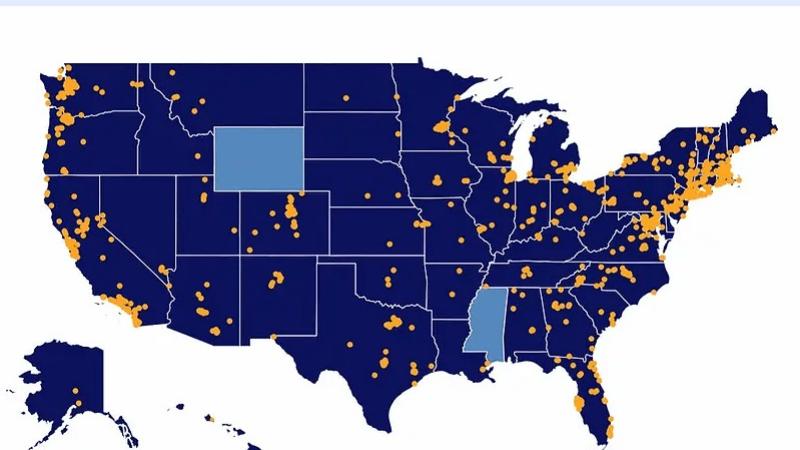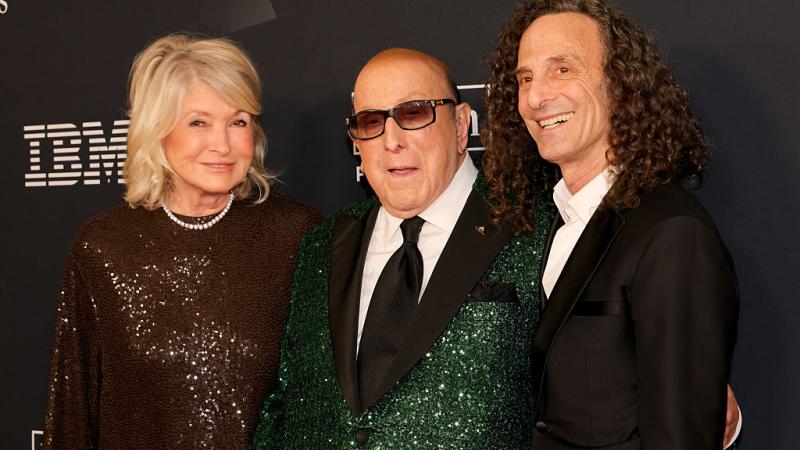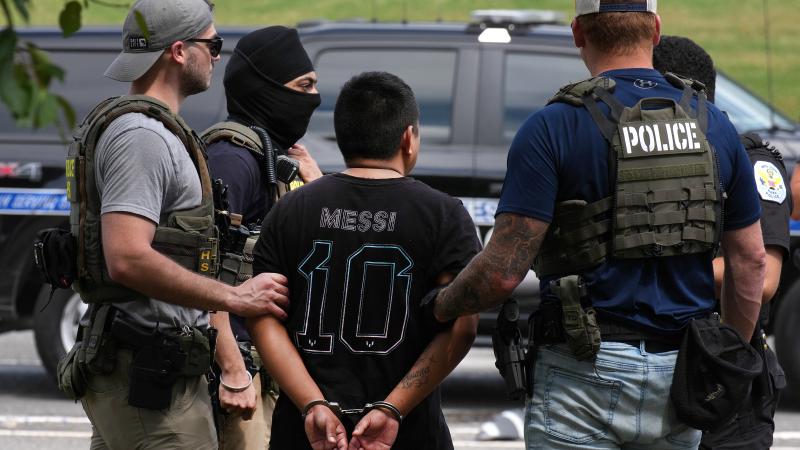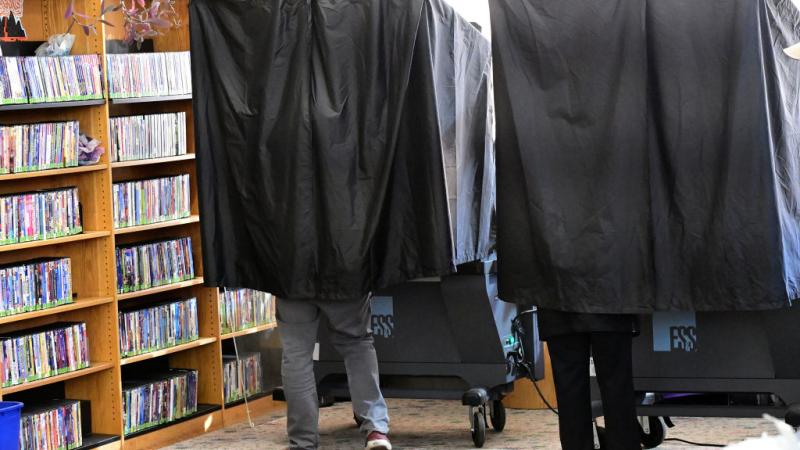Judge suspects COVID mandate religious exemption process is a 'ruse' in Navy Seals challenge
"The military has granted no exemptions but has denied hundreds" while more than 16,000 requests are pending, Judge Steven Merryday says.
A federal judge ordered each branch of the U.S. military to file detailed reports every two weeks on how they're handling exemption requests from the COVID-19 vaccine mandate, calling it "quite plausible" that the religious exemption process is an illegal "ruse."
It was a qualified victory for the Navy SEALs and other service members who filed suit last month to block the mandate after their exemption requests were denied. Their lawyers said they could face “court-martial or involuntary separation.”
While refusing to issue a preliminary injunction against the military mandate, U.S. District Judge Steven Merryday ruled Monday that the data thus far suggest the military is not handling exemption requests in good faith.
"[M]ore than 16,643 requests for a religious exemption pend," he wrote. "The military has granted no exemptions but has denied hundreds."
The plaintiffs are justified to suspect these trends "will result inevitably in the undifferentiated (and therefore unlawful under RFRA) denial of each service member's request," the judge continued, referring to the federal Religious Freedom Restoration Act.
"The importance of a person's right to religious liberty" under the First Amendment and RFRA "commends deferring" the motion for injunction "pending the accumulation and reporting of additional data," Merryday said.
Starting Jan. 7, each branch must separately report several figures to the court every 14 days, including the total religious exemption requests, initial denials and how many of those a chaplain determined were prompted by the requester's "sincere" belief.
They also must report total appeals pending and denials for which appeal time has expired, how many appeals were denied and approved, and total religious exemptions "finally granted and finally denied."
Other data that must be turned over: total medical exemption requests, approvals and denials; exemptions granted "for any other reason"; and how many courts-martial and "separation proceedings" are pending or finished against a service member denied an exemption after appeal.
The plaintiffs' lawyers at Liberty Counsel crowed that the military is now "under a microscope" with this ruling, which also confirmed the executive orders mandating COVID vaccines for non-military federal employees and contractors "expressly require religious exemption."
"The military now has a clear choice — voluntarily accommodate those with sincere religious beliefs or be ordered by the court to accommodate sincere religious beliefs," Chairman Mat Staver said.
The group protested Merryday's finding that the plaintiffs have no private cause of action based on the Emergency Use Authorization status of vaccines. The judge credited the military's claim that "it is using Pfizer’s EUA but complying with the FDA license," Liberty Counsel said.
"This representation by the military is suspect as the FDA, CDC, NIH and Pfizer all say that Comirnaty [the fully approved vaccine] is not available," the group said. "The court completely ignored the clear legal distinction between Pfizer’s EUA and BioNTech’s Comirnaty."
















